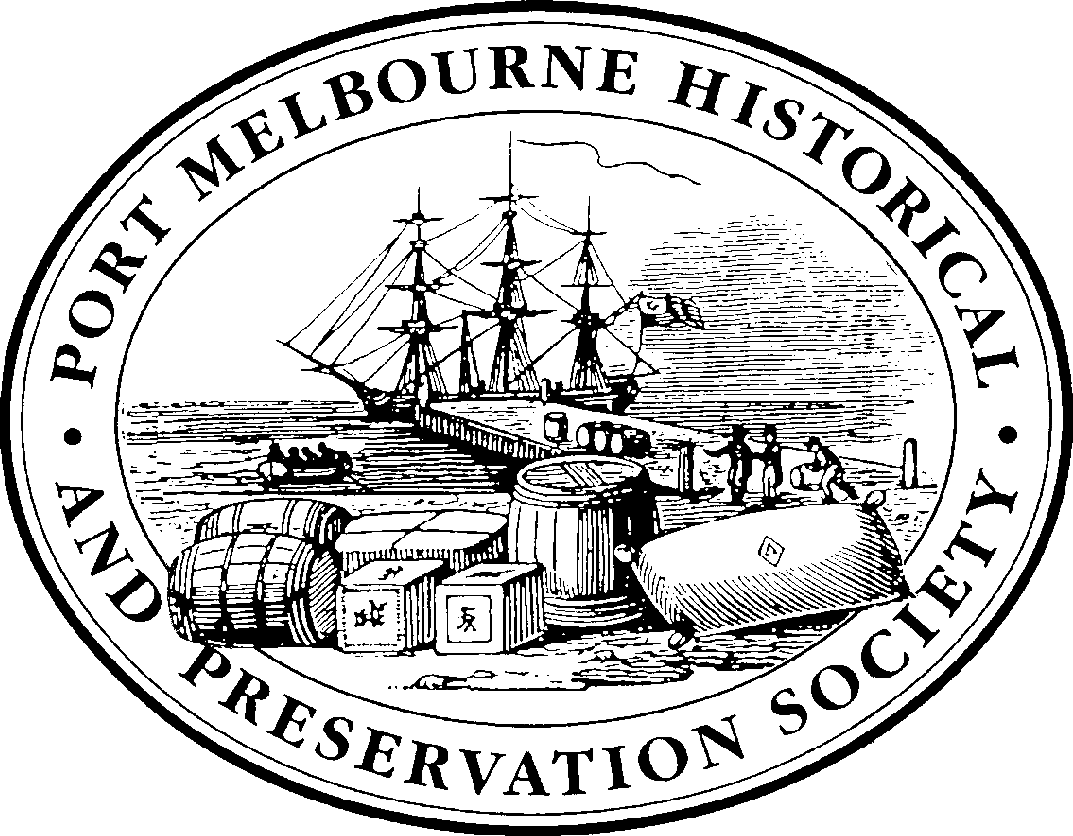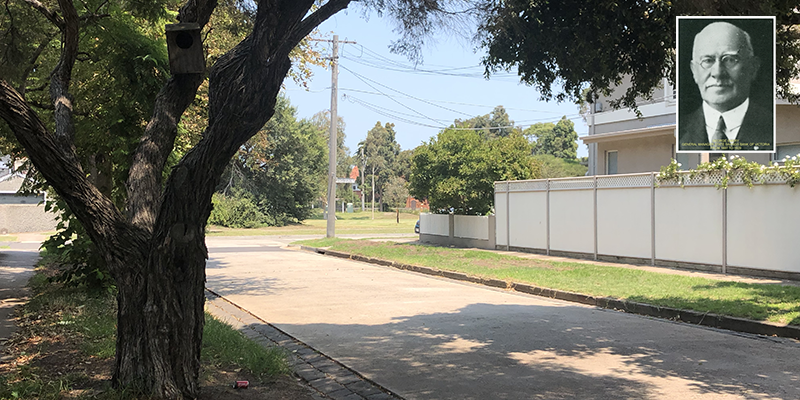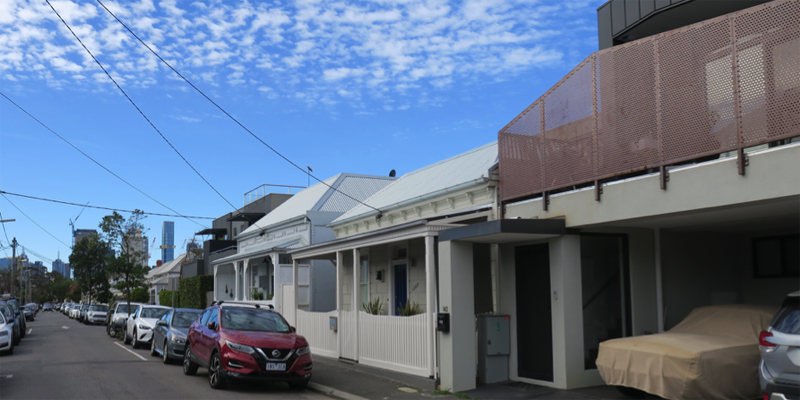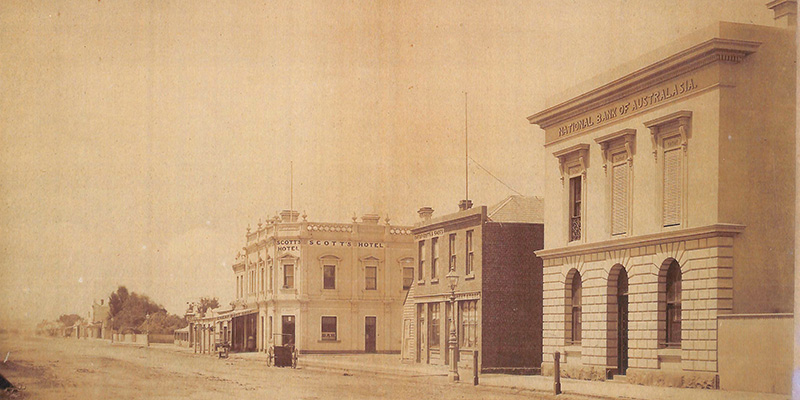More Fishermans Bend Migrant Hostel Memories
This week’s story comes to the PMHPS from Bill Hankin:

“I arrived at Fisherman’s Bend hostel in November 1952 aged 5 with my parents Cliff and Josy Hankin and my younger brother, John. We came to Australia on the New Australia from Southampton with stops at Suez, Aden and Fremantle, I think.
At first we were sent to Bonegilla near Albury but it was too hot and also primitive: dust and drop toilets. And no jobs. So we moved to Fisherman’s Bend after four weeks.
Once there, my dad worked as a sheet metal worker at the CAC building the Sabre jets and the Jindivick pilotless aircraft. Mum worked at General Motors in the offices. We went to school at St Joseph’s Catholic Primary in Bay Street, Port Melbourne. We went there each day on the bus provided by the city bus service.
I remember playing in the swamps and lighting camp fires when playing Cowboys and Indians. The fire brigade had to come twice to put out grass fires in the dried out long grass swamp. And I had to get a fire extinguisher once to put out a fire that someone else had left. That got me a hiding from my mum – playing Cowboys and Indians.
Sometimes we walked over the Garden City beach to swim. Friday nights were movie nights and we saw a lot of films every week. At the end we kids collected all the drink bottles to collect the deposit refund on them.
Also there concert nights – usually on a Saturday nights or special occasions like Xmas. Groups from other migrant hostels would sometimes come to perform and songs and we would go to their’s as well.
It was a socially rich life.
I also remember the kid gang fights. There were kids from the UK, the Netherlands, Germany, the Baltic countries, Spain and Poland and later Hungary. At St Joseph’s Primary School School there were also lots of kids from Italy and Malta.
During the holidays I remember walking along the wharves looking at the ships. And walking through the abattoir where sheep and cattle were being killed. Nobody shoo’d us away. The stench was terrible though.
The RAAF planes would take off and come into land straight over the hostel. I remember us kids looking at them a 100 feet or so above our heads while playing on in the playground on the swings or monkey bars.
Dad worked at CAC for three years. He did a lot of night shift work there. Mum was keen to buy her own block and home so she worked at Holdens. They worked a lot and tried to save money.
My family was at Fisherman’s Bend till October 1956 – almost four years. We then moved to our own home at Research where a number of other English families had bought 1 1/4 acres blocks to build houses.
All these memories have been stirred up by reading John Braniff’s Book Close to the Wind. He also spent time at the hostel.”
More
Braniff, John David Lovell Publishing, 2009 Close to the wind : growing up Catholic, working class, migrant and a religious in Australia 1955-2005
Read the comments that other residents have left on an earlier post about the hostel.
The Society welcomes photographs and stories of time in the Hostel.




1 Comments
Eddie Mc Dade
I had birthday on big ship over here from STH Hampton called Aurealla I not sure of spelling ? I was 10 years old I was there with family of 9 & landed in Fishermensbend Hostel ! Wow we left in Dec in our winter & arrived in January 1964 it was so hot 34+ our parents were so homesick dad drank a lot with other scots !us kids put up with the life & carried on !but may I say I had some of my best memories at that hostel! I ended up in Laverton a commission house ! & lived there 4 at least 40 years memories that I will neverloose!